Railfuture Annual National Conference - 2023/Leeds
Date: Thursday 30/03/2023
ANNUAL NATIONAL CONFERENCE IN LEEDS - SPEAKER BIOGRAPHIES
Railfuture's Annual National Conference for 2023 is titled "Turning Point for the Railway". It considers the question 'What do we want the railways to look like in the future?' It had speakers from seven organisations from (or involved with) the rail industry. They were specially chosen as they represented organisations or had experience to offer expert advice and/or take the necessary actions to encourage the public and freight customers to use Britain's railway.

The Sessions include:
- The value of new railway lines and stations – by the University of Leeds
- Making trains more family friendly – by Family Friendly Trains
- Is the Railway working for Passengers? – by Railfuture
- Engaging young people in the railway – By Community Rail
- Making better use of the railway for freight – by the Rail Freight Group
- Encouraging more women to work in rail – by Women in Rail
- Making the railway more accessible and inclusive for all – by the GBR Transition Team
Below are profiles about our speakers.
Nick Flynn and Abby Taylor of Family Friendly Trains
Campaign to make trains more family friendly

Nick and Abby are just two of the activists behind the Campaign for Family Friendly Trains — an organisation setup "by frustrated parents who had had disappointing experiences travelling on Britain's railway with young children."
The website quotes Abby, saying: "I have travelled on Avanti West Coast trains with my own son and have spent many hours sitting on train vestibule floors, breastfeeding there, changing him there, singing him to sleep there, because there was nowhere to put ourselves or his pushchair that wasn't in the way. This design condemns future generations of parents to the same uncomfortable and unwelcoming experience."
Nick echoes a key aspiration: "Based on our experience and the views of parents and carers, the clear priority is dedicated space for unfolded prams. Our first question to all Train Operating Companies is therefore whether they have allocated space for unfolded prams on their trains."
Stewart Palmer - Vice President and Director, Railfuture - former South West Trains MD
Railfuture's view on whether the railway is working for passengers
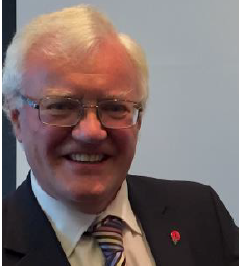
Stewart Palmer joined the British Rail (BR) management training scheme in 1972 and was allocated to the South Western division of the Southern Region, where he worked in a variety of operations jobs, and also in BR's Eastern and London Midland regions. In 1995 he joined Railtrack (the predecessor of Network Rail) with responsibilities for setting up and managing its contracts with various suppliers in the rail industry. He then moved to Connex followed by South Western Trains, becoming Managing Director in 2006, and stayed there until his retirement in 2009.
Stewart was appointed a Railfuture Vice President by members at the 2014 AGM, and elected as a director in 2015. He has taken the role of Corporate Governance Director at Railfuture and provides valuable knowledge and experience in many of Railfuture's campaigns. He is involved with several smaller voluntary rail groups, some charitable, and occasionally provides specialist consultancy to the railway.
Karen Bennett, Community Rail Education Development Officer, Community Rail Lancashire
Topic: How young people can be engaged in the railways

Karen is a qualified teacher working as an education development officer in community rail. She has been the Chair of the Community Rail Education Network since January 2020 and a Board Member of the Community Rail Network since late 2021, and also a member of the Women in Community Rail steering group.
Karen is enthusiastic about improving education in rail, has helped co-ordinate projects such as Backtrack, bringing various members of the community rail family together and is passionate that community rail is a movement which is inclusive, tolerant and diverse.
Phil Smart, Assistant Policy Manager, Rail Freight Group
Topic: Rail's role in the future movement of freight
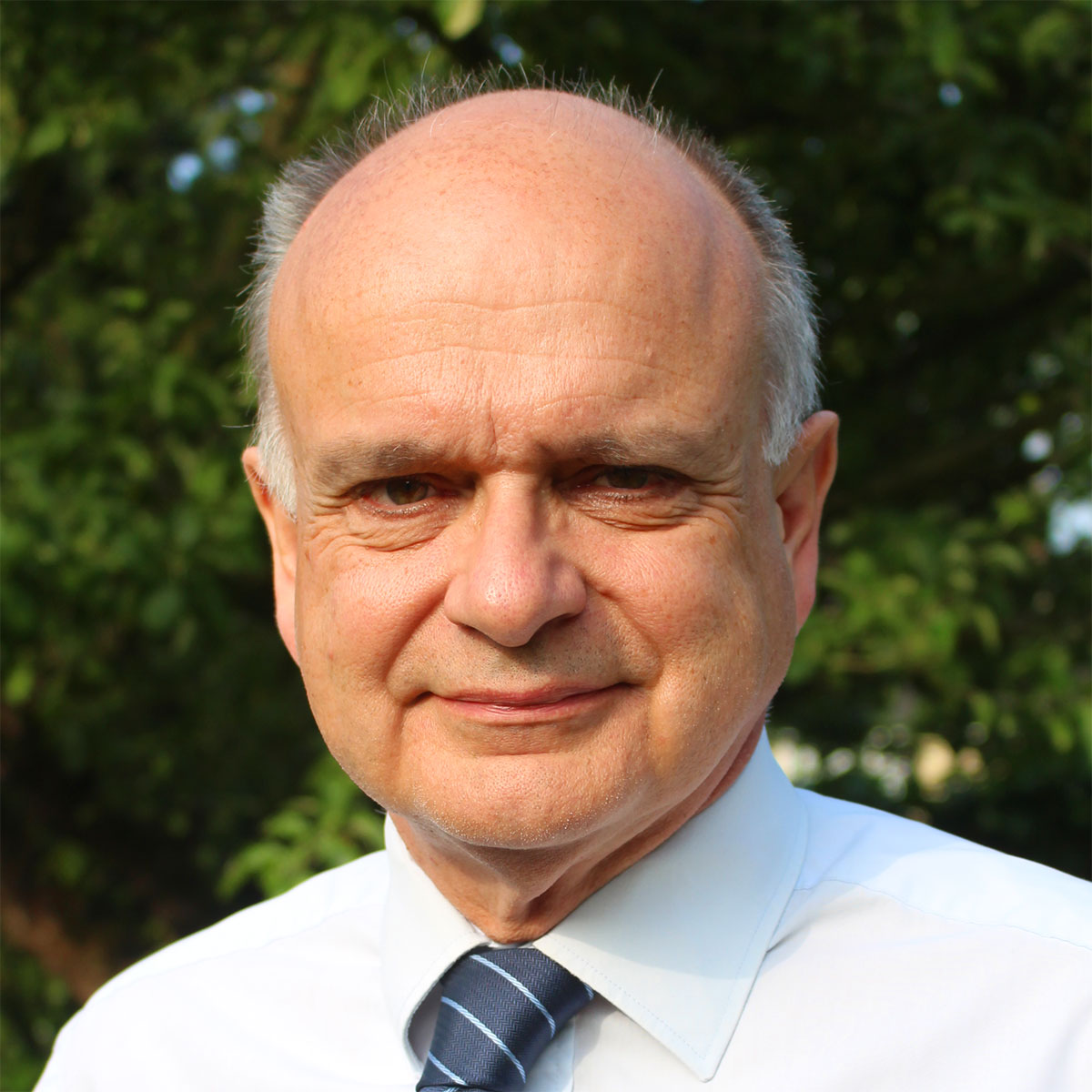
Phil Smart joined the Rail Freight Group (RFG) as Assistant Policy Manager in April 2021. He represents the RFG at conferences and seminars and meets regularly with several Sub National Transport Bodies and with the Regional Teams at Network Rail. He has written columns for several magazines including Modern Railways. Phil is also an active member of Railfuture in East Anglia.
Phil is also Councillor at Ipswich Borough Council with a strong knowledge of transport matters.
Dr Manuel Ojeda Cabral, Senior Research Fellow in Transport Economics and Appraisal, University of Leeds
Topic: The value of new railway lines and stations

Manuel Ojeda-Cabral is a Senior Research Fellow at the Institute for Transport Studies, University of Leeds. His research is focused on the economic appraisal of public sector projects and policies and, in particular, improving methods, guidance and evidence for the application of cost-benefit analysis and the valuation of so-called non-market goods such as travel time, accessibility, reliability or place quality. Most of his work falls within the remit of the transport sector, and in particular railways, where Manuel works closely with major public sector and industry organizations. Recent research projects include the review and development of appraisal methods for schemes introducing new railway lines and stations, motivated by the Restoring Your Railway programme, and a study on the valuation and appraisal of access-for-all interventions.
Manuel is currently leading an academic partnership on rail economics between the Rail Safety and Standards Board (RSSB) and the University of Leeds, as well as an MSc programme on Railway Operations, Management and Policy at Leeds.
Craig Alexander, Great British Railways Transition Team (GBRTT)
Keynote Listener and update on GBRTT
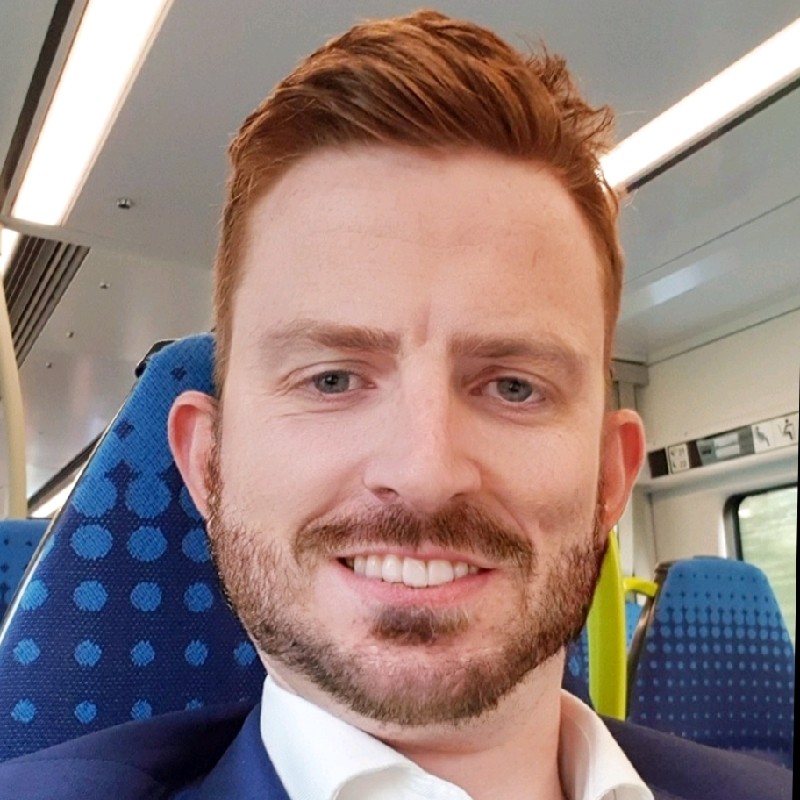
Craig Alexander was a last-minute replacement for Alison Smith, Head of Accessibility and Inclusion, who was unable to attend.
He is the Accessibility: Infrastructure, Station & Rolling Stock Lead at the Great British Railways Transition Team. He is on secondment from Northern, where he is their Travel Integration & Accessibility Manager. Previously, Craig was at the Open-Access Operator Grand Central, where he was Customer Policy Manager.
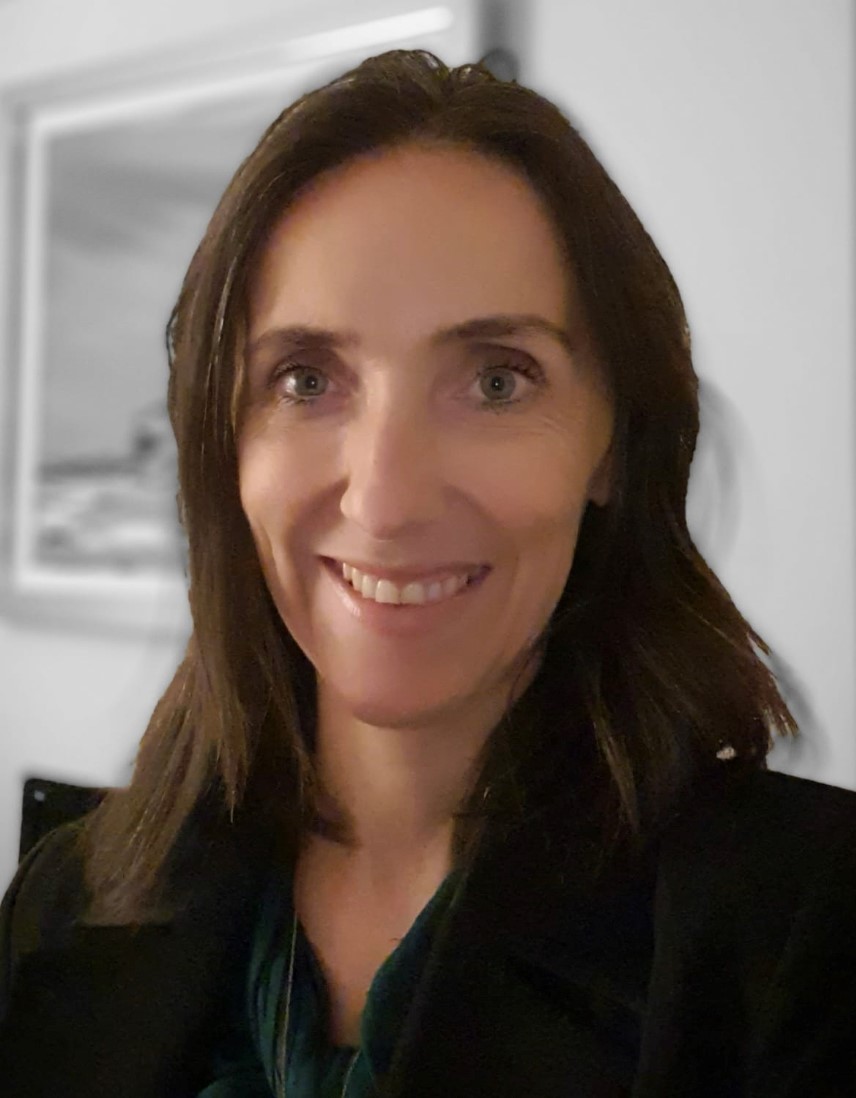
Alison Smith is the GBRTT Head of Accessibility and Inclusion, responsible for the development of industry wide accessibility strategy and policy. Her initial focus will be on leading the development of the National Rail Accessibility Strategy, including wider accessibility policy arrangements. She is looking at building a new institutional capability that ensures we deliver more successfully for disabled people.
Alison has extensive experience as a senior leader within the UK Rail industry, within customer experience and commercial specialisms. Her specialities include: customer experience transformation and strategy development including accessibility and inclusion strategies for RDG and more recently Network Rail, where she continues to provide the leadership in this space; the management and sponsorship of project delivery teams; stakeholder management and communication including most recently the establishment of a National Advisory Group to support GBRTT's development of the strategy; and bid and mobilisation team leadership for rail and non-rail businesses.
Railfuture has asked Alison to be the 'Keynote Listener' so that she can take back salient points from each speaker throughout the day to her GBRTT colleagues. She will talk about her work and GBRTT generally, alongside listing the points she will feedback from the day.
Brian Barnsley, Deputy Chief Executive and Head of Support and Development at the Community Rail Network)
Conference chair

Brian heads up Community Rail Network's support and development team, which provides 'frontline' support and encouragement to community rail partnerships across Britain: attending meetings and events, and supporting planning and projects.
Brian is a lifelong rail enthusiast and has worked in a number of industries including cinema and theatre, media, and medical illustration, before a chance meeting led to him joining the Penistone Line Partnership in 1994 and subsequently becoming the line officer for four years before joining Community Rail Network in 2006.
UNABLE TO ATTEND Anna-jane Hunter, Partner at Winder Phillips Associates, representing Women in Rail
Topic: How Women in Rail see the future roles of women in the railways
Railfuture regrets that Anna-jane Hunter is now unable to speak at the conference.
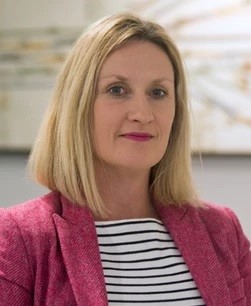
Anna-jane is a Rail Operations Professional with expertise in complex stakeholder relations. Having led teams in Network Rail, Train Operating Companies, and as part of multi-agency industry groups she has a wealth of experience. With her straightforward and collaborative approach, she has pragmatically followed a system engineering approach, focussing on the operational integration of new and old rail systems.
Anna-jane is chair of Women in Rail North West.
Read her CV.
Also see: [Why you Should attend].
Click HERE to return to previous page.